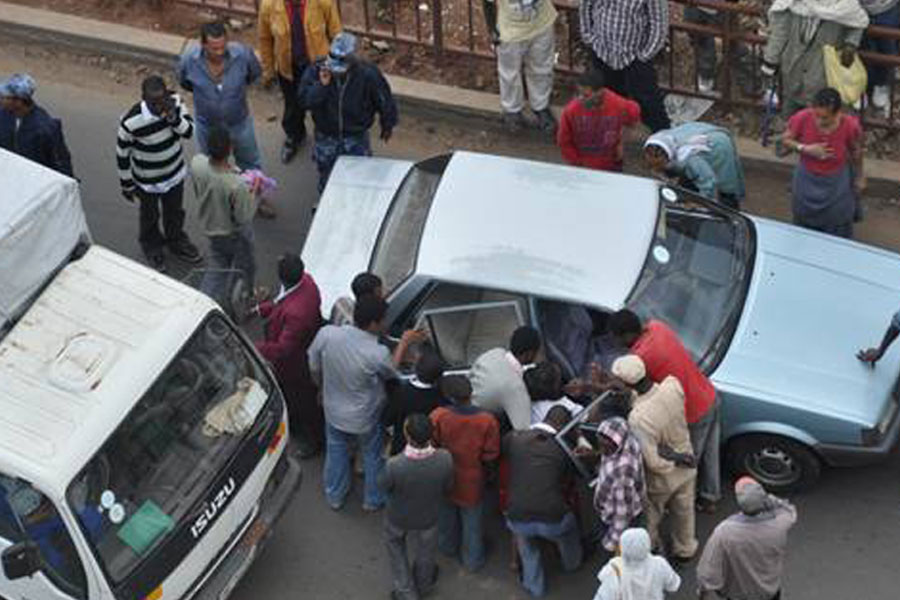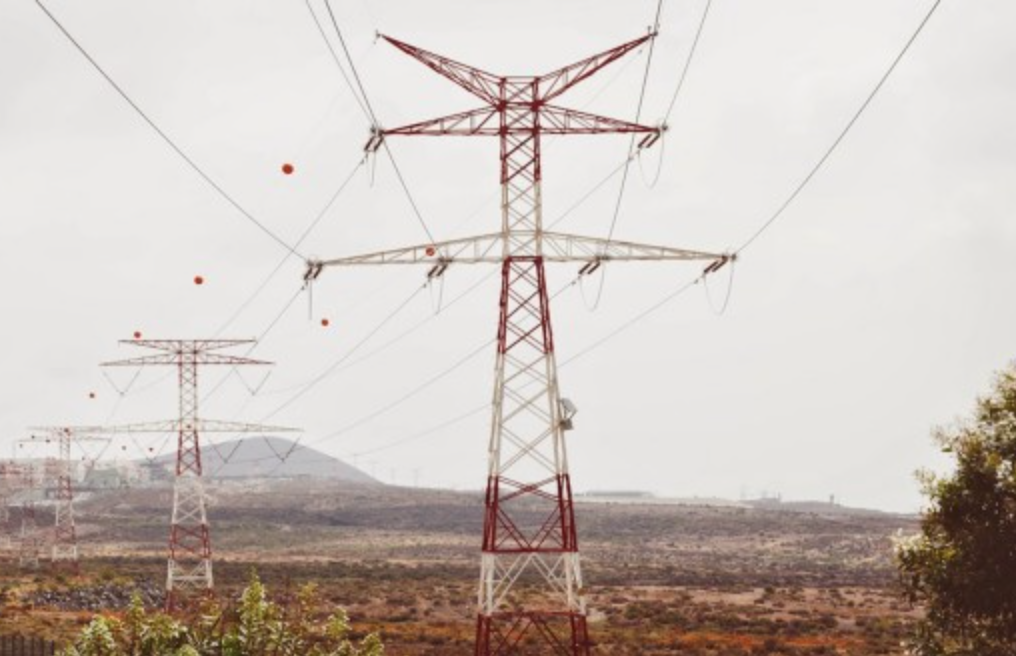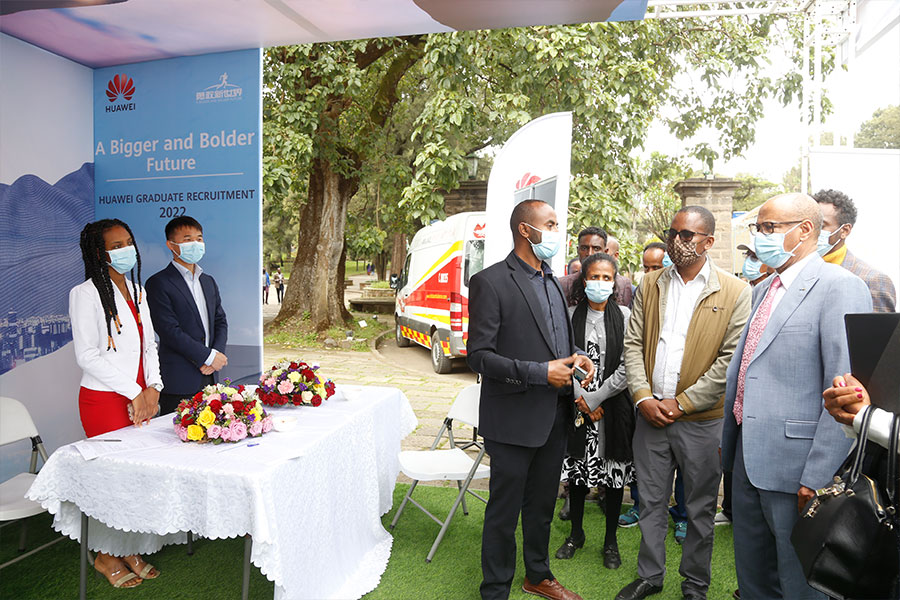
Any entity wishing to produce electricity for private consumption will soon be able to request a permit from the Ethiopian Energy Authority (EEA). Prospective developers meeting requirements set forth by the Authority need to produce more than 200kw for non-commercial use to be eligible for a permit.
The Authority, established in 2014, finalised a directive a month ago to accredit and monitor electricity production activities for private consumption. The preparation of the directive took about seven months and has undergone several discussions with industry players, according to Bahiru Oljira, director of a competency certification and technical regulation at the Authority.
It is part of the national electrification plan to increase households with access to electricity to 100pc in five years. Close to 65pc of households are expected to be connected with the national grid while off-grid solutions cover the remaining area. Hydroelectric power dams, wind farms and geothermal energy sources currently supply over 4,000mw of electricity in Ethiopia, with 20pc of the power wasted due to faulty distribution.
"The power generated for private consumption is meant for powering businesses and industries, as the amount is much larger than what households consume," says Bahiru.
On average, households representing 40pc of the country connected to the main grid, consume 69kwh of energy annually.
The certification service is provided at the federal level by the Authority, but regional states have also been granted the mandate. Though the original draft required payment of a 2,500 Br fee for a permit, payment has been scrapped through a recommendation from the Office of the Federal Attorney General.
Upon approval, interested parties will be provided with a 25-year permit to generate electric power.
Applicants are required to submit environmental and social impact assessment reports, along with feasibility studies, technical specifications, and an operation maintenance plan. They are also required to have a letter of consent from the Ethiopian Environment Forest & Climate Change Commission to carry out the project.
Bethlehem Plaza, located in the Megenagna area, is among the businesses that have welcomed the initiative. The seven-storey building is home to various businesses such as cafes, clothing stores, accessories shops and health centres; it struggles with frequent power blackouts. It would help properties to be self-reliant in times of power blackouts, according to Zewdneh Molla, property manager of Bethelhem Plaza.
Generating self-use electricity can be cheaper in the long run than using power from the main grid, especially for sites that have access to good renewable resources. The cost of producing 1,000kwh of electricity is estimated to be around 2,500 Br for solar power, less than half what it costs to generate power from coal.
Tigabu Atalo is an energy expert with more than 15 years of experience. He observed allowing self-use electricity generation is a good option.
According to the expert, those located in rural districts can make use of water bodies in their area to generate hydropower; others that are using diesel-run generators can shift to solar power. But the initiative can do good if authorities can avoid the tedious bureaucratic hurdles.
PUBLISHED ON
Sep 10,2021 [ VOL
22 , NO
1115]

Fortune News | Dec 25,2021

Fortune News | May 23,2021

Radar | Oct 09,2021

Radar | May 23,2021

Fortune News | Jun 05,2021

Fortune News | Feb 17,2024

Fortune News | Jan 02,2021

Radar | Sep 10,2021

Fortune News | May 01,2022

Fortune News | Jun 22,2024

Dec 22 , 2024 . By TIZITA SHEWAFERAW
Charged with transforming colossal state-owned enterprises into modern and competitiv...

Aug 18 , 2024 . By AKSAH ITALO
Although predictable Yonas Zerihun's job in the ride-hailing service is not immune to...

Jul 28 , 2024 . By TIZITA SHEWAFERAW
Unhabitual, perhaps too many, Samuel Gebreyohannes, 38, used to occasionally enjoy a couple of beers at breakfast. However, he recently swit...

Jul 13 , 2024 . By AKSAH ITALO
Investors who rely on tractors, trucks, and field vehicles for commuting, transporting commodities, and f...

Jun 28 , 2025
Meseret Damtie, the assertive auditor general, has never been shy about naming names...

Jun 21 , 2025
A well-worn adage says, “Budget is not destiny, but it is direction.” Examining t...

Jun 14 , 2025
Yet again, the Horn of Africa is bracing for trouble. A region already frayed by wars...

Jun 7 , 2025
Few promises shine brighter in Addis Abeba than the pledge of a roof for every family...